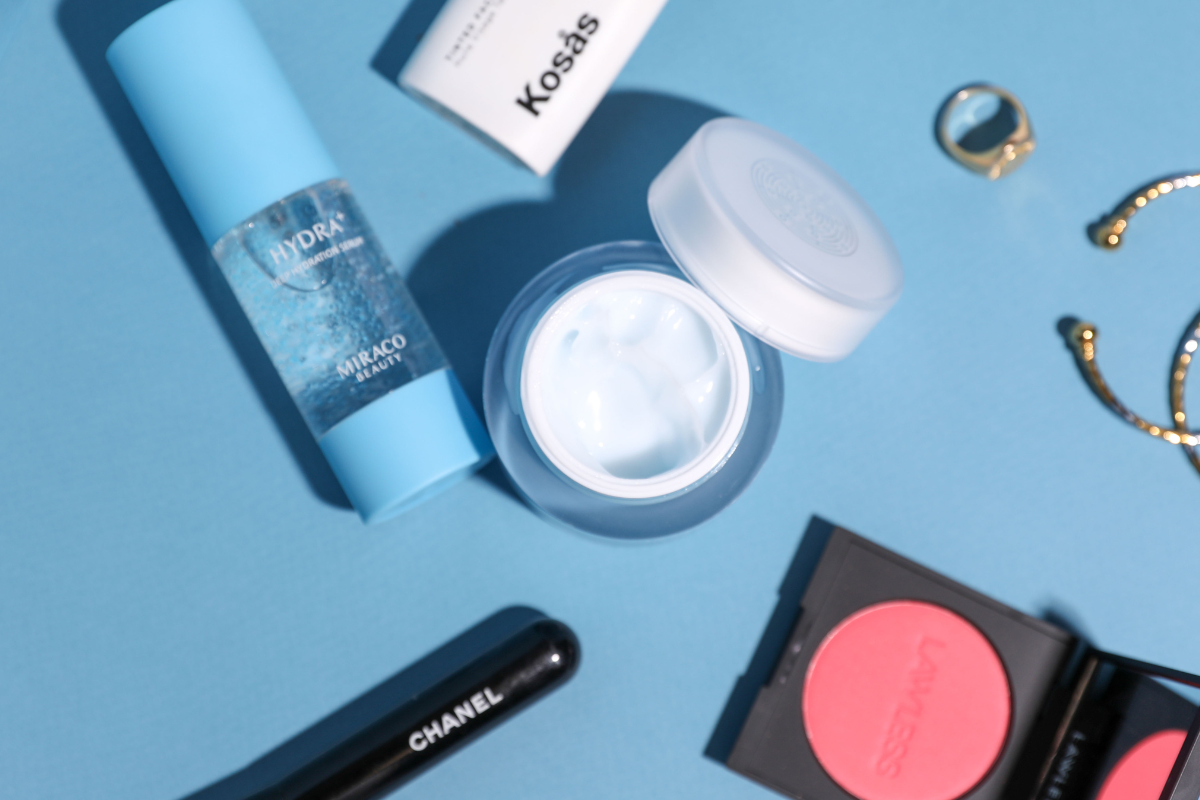
In the ever-evolving world of skincare, the concept of mixing different products has gained immense popularity. Whether it's creating your own customized serum or incorporating various ingredients into your routine, skincare mixing can be a game-changer. However, this trend comes with its own set of do's and don'ts that are crucial for achieving the desired results without causing harm to your skin. In this comprehensive guide, we will explore the best practices and pitfalls of mixing skincare products to help you navigate this exciting but complex terrain.
The Do's
Understand Your Skin Type and Concerns
Before diving into the world of skincare mixing, it's imperative to understand your skin type and specific concerns. Whether you have oily, dry, combination, or sensitive skin, knowing your skin's unique needs will guide you in selecting compatible ingredients. Websites like DermNetNZ provide detailed information on various skin types and conditions, helping you make informed decisions.Patch Testing is Non-Negotiable
No matter how excited you are to try out a new skincare concoction, always conduct a patch test first. Applying a small amount of the mixture on a discreet area, such as behind your ear or on your wrist, allows you to check for any adverse reactions. Paula's Choice is a reliable source for understanding the importance of patch testing and how to do it correctly.Layer Products from Thinnest to Thickest
When layering multiple skincare products, the general rule is to start with the thinnest consistency and work your way up to the thickest. This ensures that each product is effectively absorbed without creating a barrier that prevents the penetration of subsequent layers. Websites like Byrdie offer insights into the correct order of product application for optimal results.Sunscreen is Non-Negotiable Too
Regardless of your skincare routine, sunscreen should be a non-negotiable step. When mixing skincare products that may increase photosensitivity, such as exfoliants or certain serums, sunscreen becomes even more crucial. Skin Cancer Foundation provides information on the importance of sunscreen in preventing skin damage and premature aging.Complementary Combination Ingredient Examples
Vitamin C
To maximize the benefits of skincare mixing, it's essential to understand which ingredients complement each other. For instance, combining vitamin C with vitamin E can enhance their antioxidant properties. According to the Linus Pauling Institute, “The antioxidant properties of vitamin C (ascorbic acid) and its role in collagen synthesis make vitamin C a vital molecule for skin health.”Retinoids
According to Harvard Health, retinoids reduce fine lines and wrinkles by increasing the production of collagen. They also stimulate the production of new blood vessels in the skin, which improves skin color. Additional benefits include fading age spots and softening rough patches of skin. Retinol works great with ingredients such as niacinamide, hyaluronic acid, however wearing a daily SPF (sunscreen) is imperative as retinol can make skin sensitive to sunlight.
Adjust the Frequency Gradually
Introducing new products or increasing the frequency of certain ingredients in your routine should be done gradually. Sudden changes can overwhelm your skin and lead to irritation. Cosmetic Ingredient Review is a valuable resource for understanding the safety of cosmetic ingredients and how to introduce them into your routine responsibly.Consult with a Dermatologist
When in doubt, seek professional advice. A dermatologist can provide personalized recommendations based on your skin's specific needs and any underlying conditions. American Academy of Dermatology is a reputable organization that can help you find a certified dermatologist in your area.The Don'ts
Avoid Mixing Products with Contradictory Ingredients
Not all skincare ingredients play well together. Avoid combining products with contradictory ingredients, such as vitamin C and retinol, which can cancel each other out. SkinSAFE is a helpful resource for checking the compatibility of skincare products and identifying potential allergens.Don't Overload Your Skin
While it's tempting to experiment with various products, overloading your skin can lead to congestion and breakouts. Stick to a well-balanced routine and avoid using too many active ingredients simultaneously. provides expert-reviewed content on skincare and beauty, offering guidance on maintaining a balanced routine.Beware of Mixing Strong Actives
Some skincare ingredients, such as acids and retinoids, can be potent and may cause irritation when combined. While some topicals from different brands may work well together, it's essential to be cautious.Board Certified Dermatologist, Dr. Jenny Liu explains here that some formulations may inactivate when combined, destabilize a critical ingredient, cause irritation or lead to adverse reactions.


Comments (0)
Back to MIRACO BEAUTY BLOG